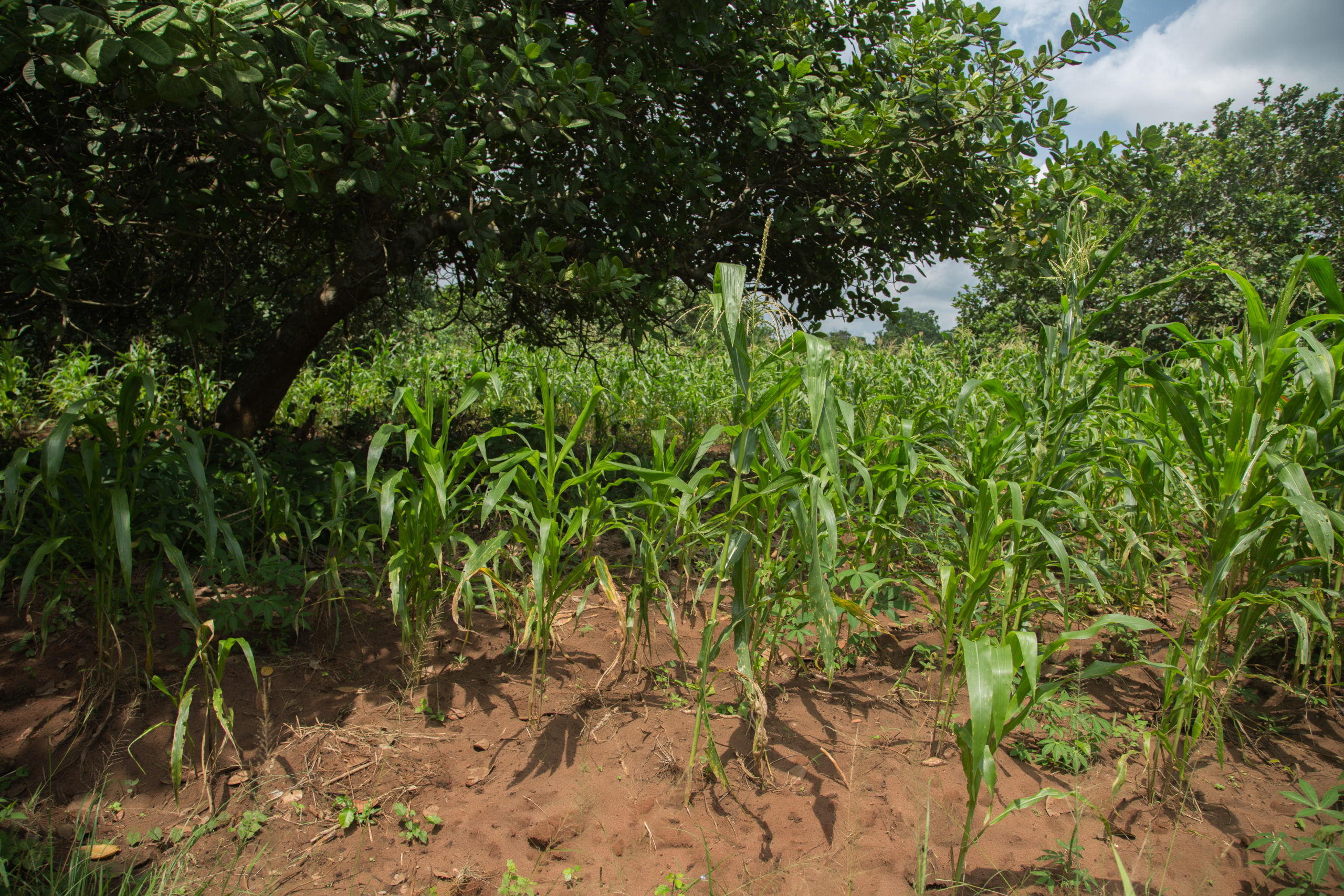Isaac Onu, a cash-crop farmer in the northern part of Nigeria has struggled to get the much-needed funds to expand his farming for years.
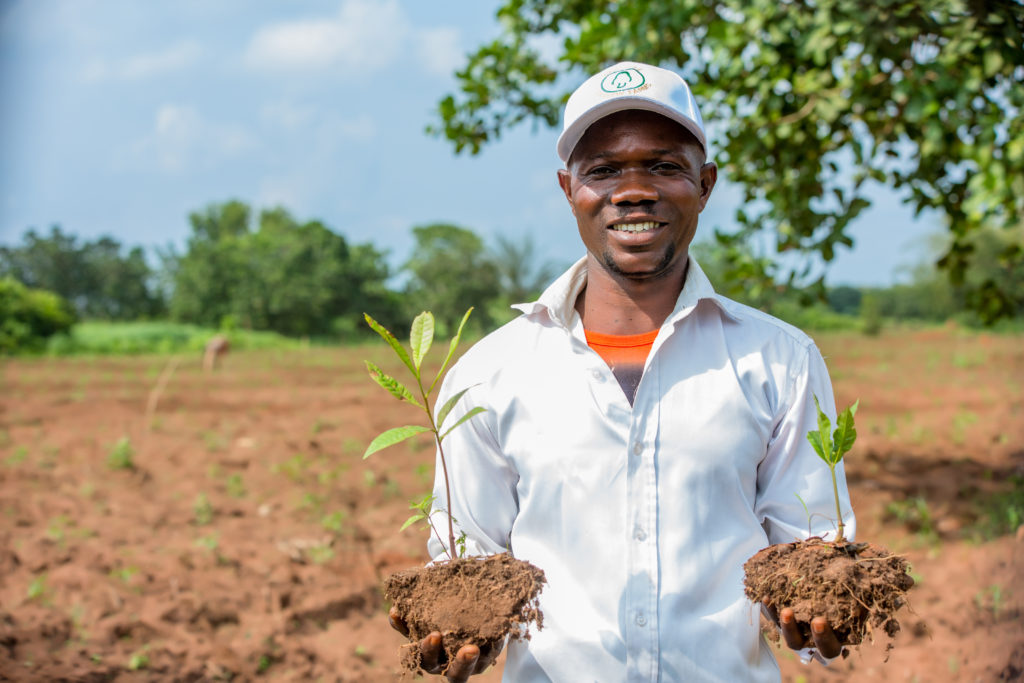
“Every time I have tried to get loans from the banks in the state, my efforts have been futile. So I have been unable to grow beyond this level as a farmer for nearly 20 years now,” he said.
Like him, millions of smallholder farmers are stuck in the vicious cycle that affects Nigeria’s agriculture even as the nation of around 200 million people grapples with one of its worst food crises in history.
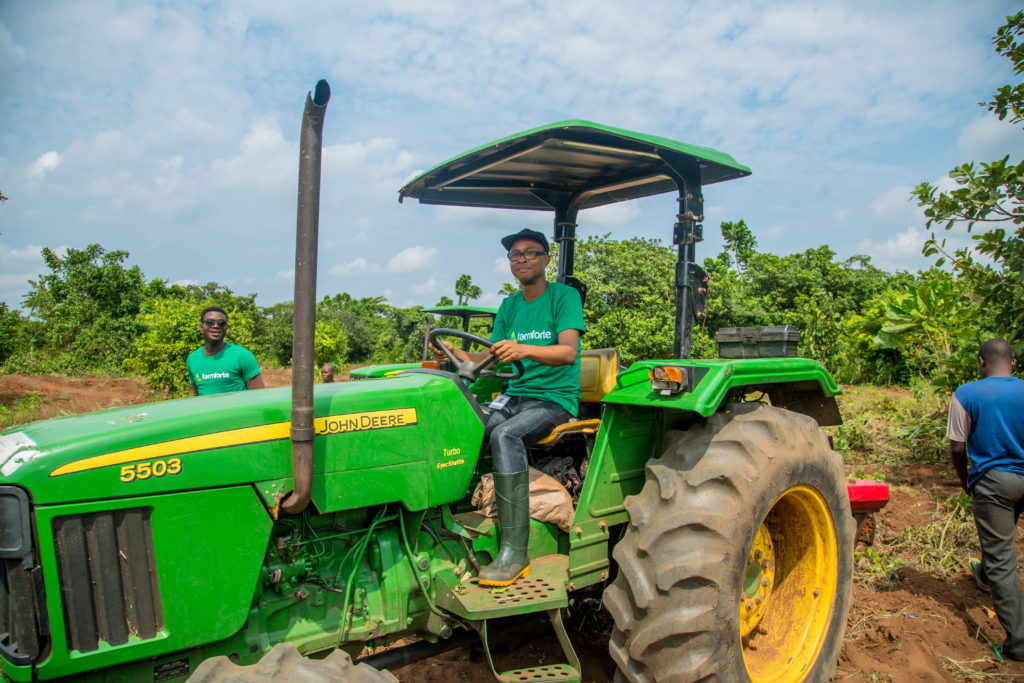
Nigeria’s agriculture sector used to be a continental leader, but now not so much. Food prices continue to skyrocket – in large part due to the low production capacity of most farmers – pushing headline inflation well above 17% in February.
The food insecurity crisis in Africa’s largest and most-populated economy is down to several challenges but there are prominent factors. Perhaps, the biggest is how farmers struggle to get financing to expand their farms – banks are understandably reluctant to provide loans to farmers, most of whom are not creditworthy due to low crop yields.
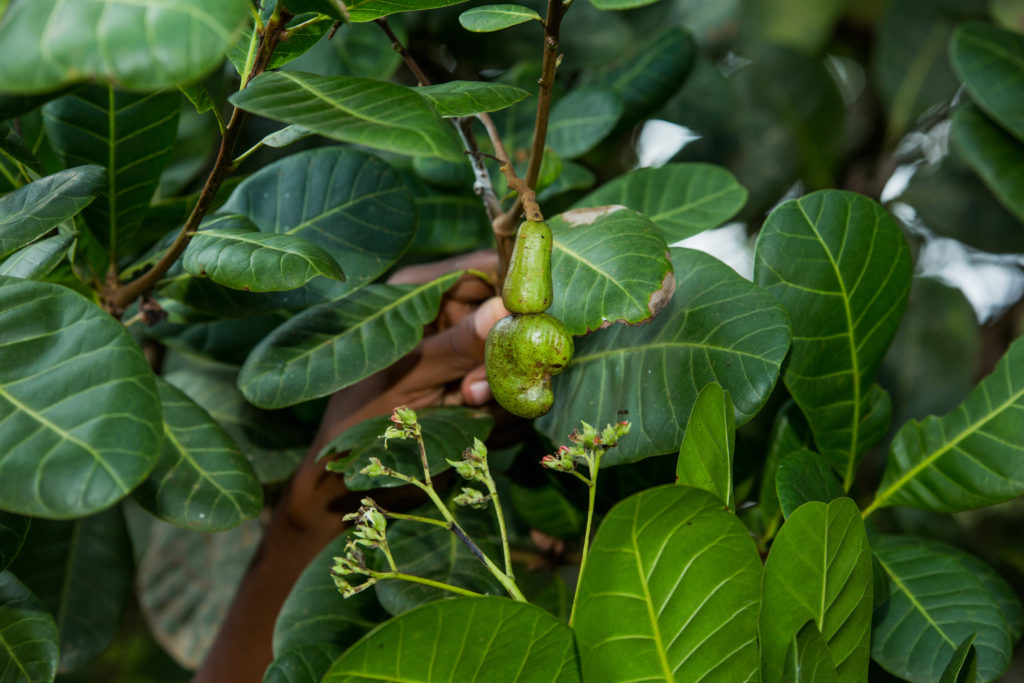
Then there is the issue of post-harvest losses. Without access to premium markets, a significant portion of the already-low farm output is damaged after harvest, reducing, even more, the volume of farm produces available to go round.
That has been the case for many years as Nigeria’s agriculture remains under-tapped with an apparent lack of political will to solve these issues. Addressing the vicious cycle requires providing farmers with access to vital capital as well as to necessary markets. Rising to this twin-challenge, many technology-driven agribusiness investment startups have emerged in Nigeria in recent years – one of the most prominent being Agropartnerships.
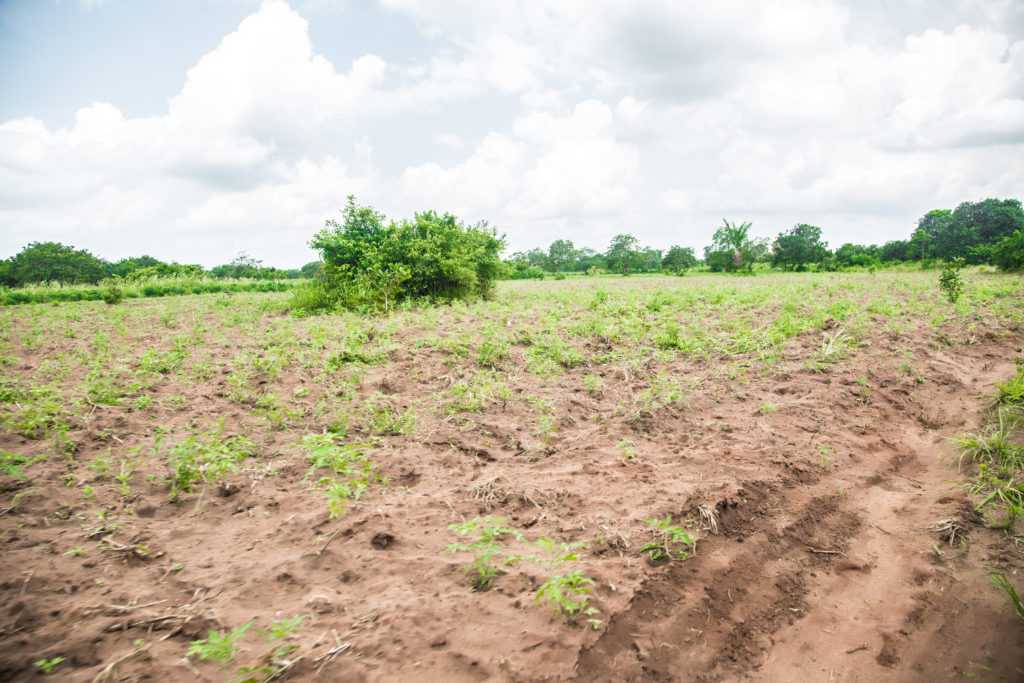
Agropartnerships is a digital platform that helps people engage in agribusiness by funding farms and trading in agricultural commodities. It is a subsidiary of Farmforte™, an agriculture value chain development company that processes raw materials into market-ready products.
How it works
Agropartnerships operates via a mobile app, which is available for download on Google Playstore and Apple App Store. Once an account is set up and verified, a user can access the dashboard and investment options from the homepage. Then from the dashboard, users can check their portfolio of investments, fund wallets, keep track of the funds and/or check the availability of a unique referral code.
Funding of the wallet can be done via a bank or online transfer to a unique account number provided to each user. For investments, users can see which ones are sold out, available, and coming soon while the cost of a unit of each venture starts from N90,000 upwards. Maturity for most of the investments ranges from as little as 3 to 12 months, based on the nature of the products being invested in, and the least RoI is 16% over 4 months.
Agropartnerships has had to rebuild its platform from the ground up and for scale after it faced problems last year due to rapid user growth. Traffic spikes broke the site on some occasions and general performance issues such as difficulty in signing up and making transactions arose.
The now simple, secure, and problem-free digital platform enables people to engage in profitable agribusiness opportunities – invest in farms and/or trade commodities – from the comfort of their homes with a newly upgraded wallet system that makes it possible to fund and withdraw instantly at any time.
Significant growth and immense potential
The Agropartnerships model is simple but offers immense potential. Since its inception in 2018, the company has witnessed significant growth. It currently has over 44,500 users, recording 6,542 new users alone since the beginning of 2021 (a 14.7% growth in user base in the first two months of 2021).
With a total of 15,000 application downloads (5,000 on iOS and 10,000 on Android), Agropartnerships has successfully sold 419,219 units on its platform and boasts an average of 12 hours for a farm/commodity cycle to get sold out. The first farm investment cycle on the platform was Sweet Potato, which opened on 26th May 2018 – since then, it has re-opened six more times, making it the most subscribed investment cycle.
Agropartnerships has also expanded its investment cycle offerings, with users now able to invest in a wide range of farms and commodities. Opportunities range from Cashews to Sesame Seeds and Cowpea alongside the recently added Rice and Poultry. There have been 19 investment cycles to date, 14 of which have matured with investors paid out promptly and 5 currently ongoing.
The numbers are significant milestones, considering Agropartnerships was founded less than three years ago. But there is ample room for even more expansion – the company currently works with about 110,000 smallholder farmers spread across 15 states in Nigeria, a fraction of the total number of farmers in the country. Some giant consumer goods makers in the country boast networks of over one million farmers.
Creating impact
Beyond the positive implications for the company and users/investors, Agropartnerships’ innovation across the value chain has led to noteworthy results that are beneficial to the broader Nigerian economy and the tech ecosystem, as it combines the impactful sectors of fintech and agri-tech.
Over the years, it has helped provide jobs for smallholder farmers, improved value chain access for all farm sizes, minimise leakage and losses, improved storage strategy to reduce supply-chain spoilage, and contributed to boosting Nigeria’s export earnings through higher-quality processing standards.
More remains to be done when it comes to expanding access to finance for Nigeria’s smallholder farmers while addressing food insecurity in Nigeria, and Agropartnerhips knows. Later this year, it plans to launch several features and investment offerings that are currently in the works – such as the Project Finance investment cycle, which debuted to a select amount of users for the pilot round. The company is also looking to secure partnerships in areas relating to empowerment for farmers and market women as well as access to credit, which will see it dabble into fintech.







